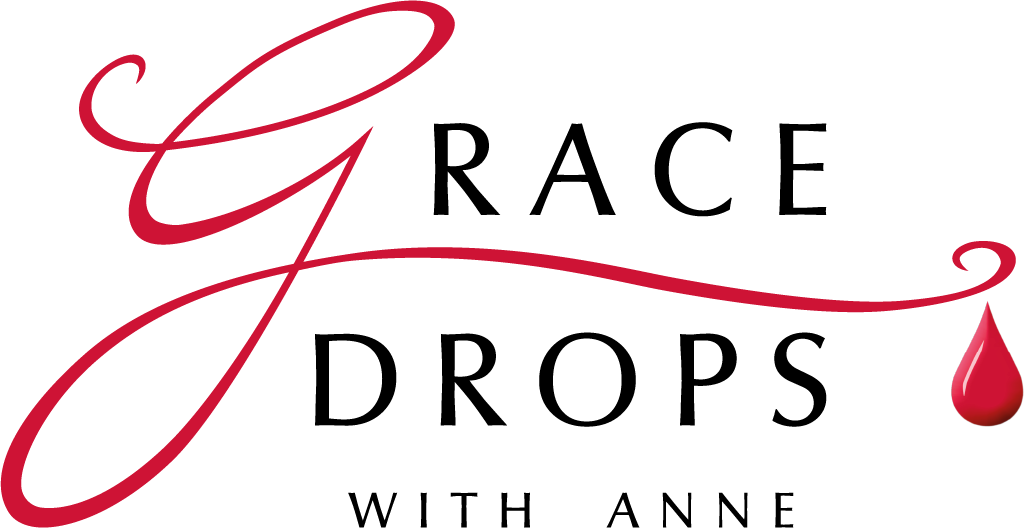In the last session I finished off by listing the different covenant stages I believe are meant to be part and parcel of a life following Jesus and walking in the presence of God. I am, as I admitted, unsure about the nuancing and sequencing towards the end but, generally, as an overall pattern, I consider that there is not one single covenant but a series of them, each with its own kind of oneness. Just as grace is described throughout Scripture as many-coloured, variegated, rainbow-hued, so too is divine covenant—it shimmers with different flecks and splashes of light.
Here’s a reminder of the seven stages, starting when we are entirely separated from God.
(1) No covenant: Creature
(2) Blood covenant: Child of God
(3) Name Covenant: Companion, friend of God
(4) Threshold Covenant: Collaborator, colleague
(5) Salt covenant: Councillor of God
(6) Peace covenant: Co-ruler (judge) with God
(7) Bridal covenant: Consort of God
Now, as I mentioned previously, there’s a widespread tendency to crush all these covenants down and merge them into one single covenant: that of blood. As a result, theologians have found considerable difficulty in explaining the two covenants that are recognised within the story of Abraham’s dealings with God—either they ignore the second entirely, or else ascribe the differing accounts to separate oral traditions.
But by my count, Abraham experienced not one or two covenants, but four. His failure to pass a significant test is, I believe, the reason why he did not receive any further covenants.
The flattening of all covenants down to that of blood covenant has serious doctrinal consequences.
- Every covenant happens simultaneously.
- Every covenant happens in an instant—at the moment of salvation.
- Based on the example of the blood covenant between God and Abram, when Abram was asleep during the entire ritual, no covenant requires human participation—the grace gift of God means that He bestows blessings upon us and, unlike human covenants, He takes the curses upon Himself.
The problem with these views results from the squishing of all covenants into one category. Abram was seventy-five years old when he heard the call of God and around eighty-five when his first covenant with God was cut—the one where he slept through God’s appearance as a torch and a smoking ovenpot and where the voice of God promised his descendants an inheritance in the land where he was dwelling.
It was fourteen years—fourteen years!—before God appeared again to enact a name exchange, revealing a new name for Himself, El Shaddai, and changing Abram’s name to Abraham. A few days later, six days in my view, God came to visit Abraham. At that time, they both took part in a threshold covenant quickly followed by a salt covenant.
Why so long? Because covenant, ultimately, is about relationship. And much as our culture likes to have everything instant and convenient, relationships take time. T.I.M.E.
This is Grace Drops and I’m Anne Hamilton. May you live in the fullness of Immanuel today.
Thank you to Lorna Skinner of www.riversofmusic.co.uk for the background music.

Covenant is at the heart of the Christian faith. It’s necessary to understand it in order to understand what can go wrong with it and how covenant violation affects our ability to come into our life’s calling. The Covenant Series of books begins with God’s Poetry, available as both print book and e-book. Threshold covenant is introduced in God’s Pageantry, from Armour Books.

